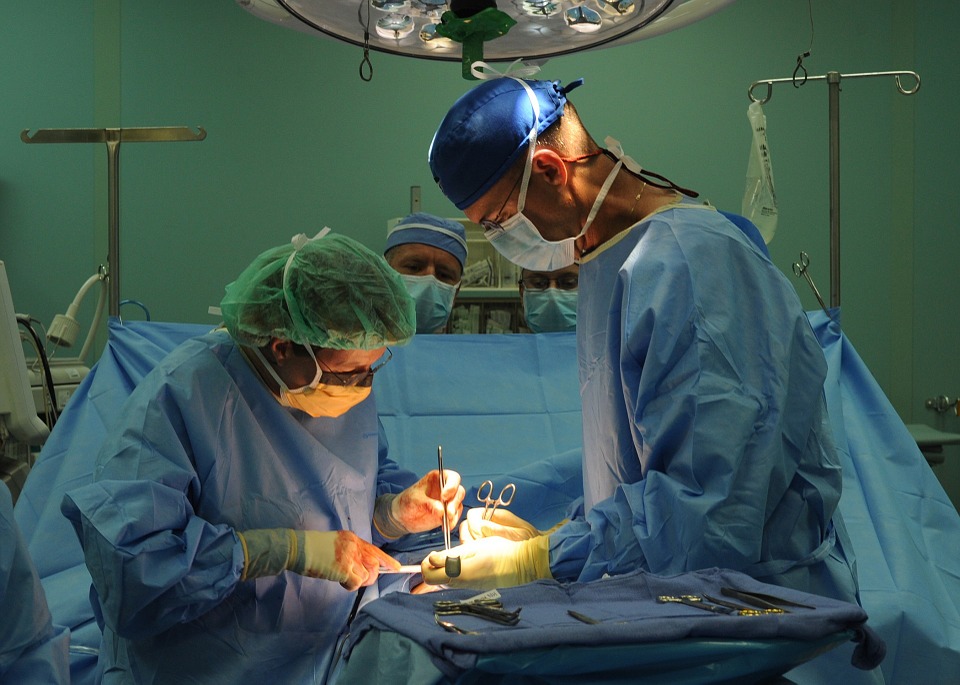When does plastic surgery or cosmetic surgery lead to medical malpractice claims?
A person typically chooses to undergo plastic surgery or cosmetic surgery as a way to improve their appearance, improve their health, or both.
Plastic surgery is the process of surgically repairing or reconstructing parts of the body that are defective or damaged. Cosmetic surgery is a specific type of plastic surgery that focuses specifically on improving a person’s appearance. Cosmetic surgeons may not have as much training in reconstructive surgery as plastic surgeons.
What are some examples of common plastic or cosmetic surgeries?
- Breast augmentation
- Rhinoplasty
- Face lift
- Adbominoplasty
- Liposuction
- Eyelid surgery
How might a plastic or cosmetic surgery improve a person’s health as well as their appearance?
- A breast augmentation to reduce breast size might help a woman suffering from back pain due to the weight of their breasts.
- A person seeking rhinoplasty, more commonly known as “nose job”, may benefit from being able to breathe better after surgically repairing their deviated septum.
- A person receiving liposuction may see a dramatic improvement in their lifestyle after surgically removing the weight.
When does a plastic surgery or a cosmetic surgery become a medical malpractice issue?
Anytime a patient receives health care, their health care professional owes them a duty of care. This means that they must provide them with a reasonable standard of care, anticipate any risks, and reasonably take care to prevent those risks that could cause their patient injury or harm.
Surgeries are risky procedures. Even when surgeons take every precaution they can, complications can and do arise. If a surgeon commits an error or mistake that can be considered medical negligence, they can be held liable for any harm caused to their patient. A patient could have a case to sue for medical malpractice.
What elements must be proved in order to hold a healthcare professional liable for medical malpractice due to a cosmetic surgery error?
- There must be an existing doctor-patient relationship.
- The healthcare professional must have breached their duty of care.
- The patient must have been harmed or injured as a result of the breach of care.
- The case must fall within the statue of limitations (check your state’s statue of limitations)
When is a plastic surgeon not liable for medical malpractice?
- A patient cannot hold a plastic surgeon liable for negligence simply because they are not pleased with the resulting look after the procedure.
- A patient also may not be able to sue for medical malpractice if they agree to the surgery knowing all the risks involved with the procedure and then suffer as a result of having one of those complications arise.
For more information, consult with a medical malpractice attorney.








Comments